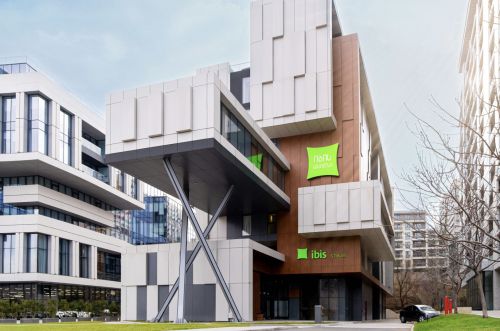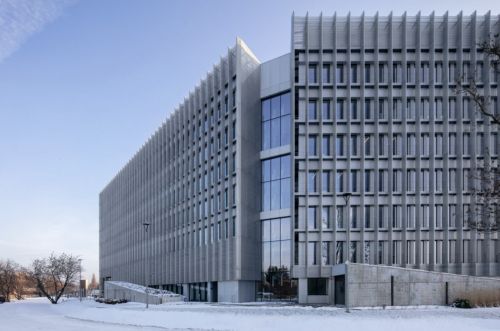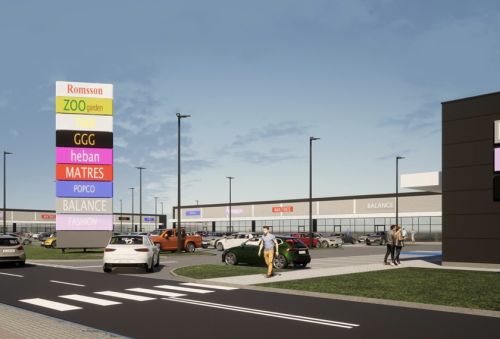The first supermarkets and hypermarkets appeared in Poland in the nineties and signified the beginning of a revolution in retail. After nearly 20 years hypermarkets no longer cause a sensation. Now foreign chains have started to upgrade them, and they are also preparing for expansion onto the internet. Piotr Korek, vice-president of the management board at Tesco Polska, tells us about retail yesterday and today and about its future
Radosław Górecki, ?Eurobuild CEE': You are one the people who laid the foundations of modern retail in Poland. Has a lot changed since you built the first HIT supermarkets?
Piotr Korek, Tesco Polska: The difference between 1993, when I was starting to build supermarkets and hypermarkets, and the present day is more or less the same as the difference between 1983 and 1993. There is a difference in the quantity and quality. In 1983 the shops were empty. You could only buy vinegar and gherkins in them. The first foreign retail chains appeared in Poland at




























































